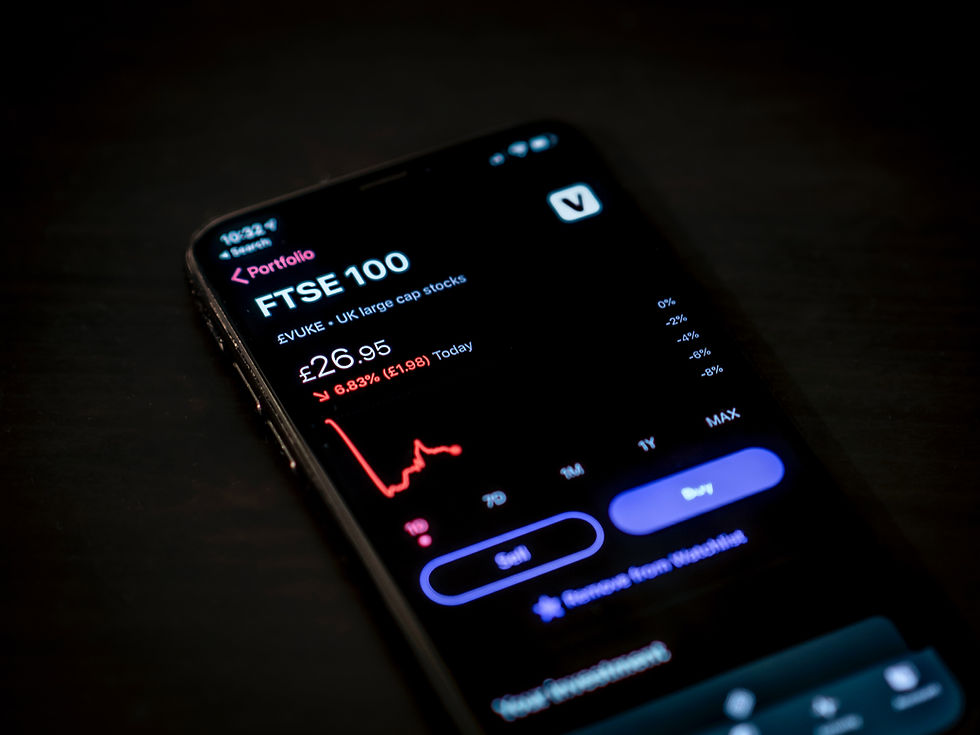
The financial services industry, including stockbroking and unit trusts, has seen recent updates in its Frequently Asked Questions (FAQs). These updates, effective from July 1, 2024, aim to clarify and streamline processes in light of the implementation of e-Invoices in Malaysia. Below are the main highlights from the updated FAQs:
Financial Services
Customer Consent for e-Invoices: Financial institutions must obtain customer consent to issue individual e-Invoices, complying with the Financial Services Act 2013 (FSA) and Islamic Financial Services Act 2013 (IFSA).
Description in e-Invoices: For regulated industries, including financial institutions, it is not mandatory to disclose the statement/bill reference number in the "Description of Product or Service" field of consolidated e-Invoices. Relevant and appropriate descriptions should be provided instead.
Overseas Branch Income: Resident companies in the banking sector must issue e-Invoices for activities conducted both within and outside Malaysia.
e-Invoices for Customer Income: Customers receiving income, such as interest from fixed deposits, can request e-Invoices from financial institutions. These e-Invoices can be presented in periodic statements detailing amounts owed and payments/credits to the customer.
Consolidated e-Invoices: Financial institutions are permitted to issue consolidated e-Invoices for transactions with customers who do not require individual e-Invoices, except for transactions specified in Section 3.7 of the e-Invoice Specific Guideline.
Stockbroking and Unit Trusts
Loan Repayment: Financial institutions must issue e-Invoices for interest charges on loans but not for the repayment of the loan principal.
Interbank Lending: Lending banks must issue e-Invoices for interest charged on interbank lending and borrowing.
Treasury Products: e-Invoices are required for premiums or upfront fees related to treasury and Shariah-compliant products/services, provided these fees are non-refundable.
Joint Accounts: The current process of issuing one e-Invoice for joint accounts remains unchanged, with the principal account holder indicated as the Buyer. Separate e-Invoices must be issued upon request by other account holders.
Foreign Card Network Processors: Financial institutions must issue self-billed e-Invoices for charges/fees paid to foreign card network processors and operators. Local processors/operators must issue e-Invoices for charges received from financial institutions.
These updates are part of the ongoing efforts to enhance transparency and compliance in the financial sector. Financial institutions, stockbrokers, and unit trust managers should review these changes and ensure they align their processes accordingly to meet the new e-Invoice requirements.
For detailed guidance, refer to the full FAQ document or consult the e-Invoice Specific Guideline.
To view the full FAQ you can visit LHDN's website here
If you would like to learn more about the recent updates on LHDN E-Invoice or would like to learn how to use the E-Invoice function, then join our upcoming seminars/webinars and click here to see the upcoming events.

Comentarios